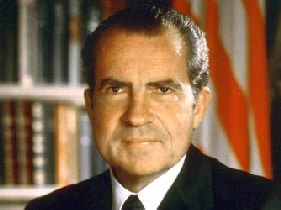Op-Ed: Florida Bill Seeks to Dismantle Civilian Oversight
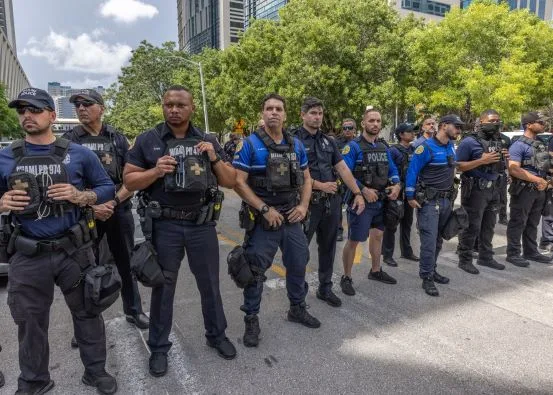
Civilian Oversight of Police is a long-standing and increasingly common democratic institution. It has been implemented nationwide for the past 75 years, often in response to civil rights violations, Department of Justice investigations, consent decrees, or public demand. Our communities and institutions must uphold the truth and stand firm, especially when faced with opposition to our democracy.
Here in South Florida, we have had a mixed bag of all the above. But what has remained constant is the overall approach of civilian oversight to help empower communities to participate in how they are policed and operate in a way that empowers public safety to lower crime and evolve law enforcement. Now, the simple beauty of what has taken nearly a century to build is being threatened based on political misunderstandings, falsehoods, and fallacies in the State of Florida.
House Bill 601 and Senate Bill 576 are both being passed through the legislature by Republican lawmakers who argue that Civilian Oversight of Law enforcement acts as a harbor for anti-police sentiment, radical ideology, and a dismantling of police departments. This sentiment is far from the truth. The truth, that many law enforcement leaders have found police oversight to be helpful in their momentous task, is well documented. These civilian oversight agencies are unbiased, which helps them unite stakeholders to work together and improve policing for the communities they serve. Because of this, elected officials throughout the country are increasingly establishing robust, independent civilian oversight, in recognition of its ability to promote public trust in law enforcement and reduce exposure to misconduct risks.
 If enacted, House Bill 601 and its counterpart Senate Bill 576 have the potential to undermine a community’s ability to influence policing culture and training in an effective, fair, and transparent manner, thereby, harming police-community relations and negatively impacting public safety broadly. Civilian oversight mechanisms have existed in Florida for decades, with both the Miami Civilian Investigative Panel and St. Petersburg’s Civilian Complaint Review Committee in continuous operation for more than 20 years. As in many jurisdictions across the United States, these cities have used civilian oversight of law enforcement to build trust where issues exist between police and the communities they serve.
If enacted, House Bill 601 and its counterpart Senate Bill 576 have the potential to undermine a community’s ability to influence policing culture and training in an effective, fair, and transparent manner, thereby, harming police-community relations and negatively impacting public safety broadly. Civilian oversight mechanisms have existed in Florida for decades, with both the Miami Civilian Investigative Panel and St. Petersburg’s Civilian Complaint Review Committee in continuous operation for more than 20 years. As in many jurisdictions across the United States, these cities have used civilian oversight of law enforcement to build trust where issues exist between police and the communities they serve.
The impartiality of these civilian oversight agencies allows them to bring stakeholders together to work collaboratively and proactively, making policing more effective and responsive to the communities they serve. Because of this, elected officials throughout the country are increasingly establishing robust, independent civilian oversight, in recognition of its ability to promote public trust in law enforcement and reduce exposure to misconduct risks. These Bills in tandem show a lack of understanding of the basic tenets of civilian oversight.
Attacking Civilian Oversight of Law enforcement is not an isolated incident. This session, the legislature has put forth numerous bills that look to erode your civil and human rights. This determined effort is in large part due to culture wars, and dysfunctional governance. Calling out this dysfunction is part and parcel of the overall goal, but in our current environment, we must be brave enough to name the forces whose only intent is oppression and power. Our unity will be our greatest strength and will fuel our ability to resist and persist. The truth-seeking function that makes our democracy great will always rest in, “We the People,” now more than ever before, the power of the people must be stronger than the people in power.
Authors:
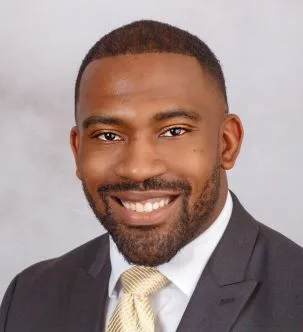
Rodney W. Jacobs, Jr. Executive Director City of Miami Civilian Investigative Panel.
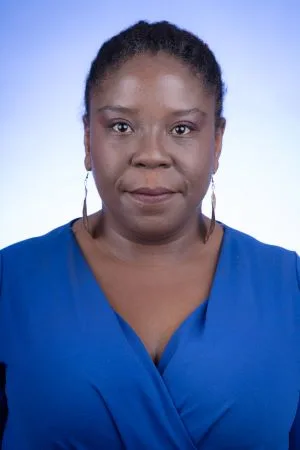
Ursula Price, Executive Director of the Miami-Dade County Independent Civilian Panel.
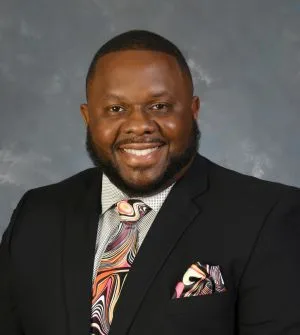
Dr. Philip C. Harris, Assistant to the City Manager/Executive Director of the North Miami Citizens Investigative Board



